
Commentaries | Mar 01,2024
Dec 13 , 2024

The Ethiopian Securities Exchange (ESX) is set to launch its first trading market in mid-January, 2025, promising to reshape the country’s financial ecosystem. Located on the 18th Floor of the Nile Building in Addis Abeba’s financial district, near Nib International Bank, on Abebe Aregay (Ras) St., the new marketplace has cleared a key regulatory requirement after the Ethiopian Capital Market Authority (ECMA) last week issued operational licenses covering both conventional securities exchange trading and over-the-counter activity.
Officials say the opening will advance the nascent capital markets beyond interbank operations, already active for a month, toward the trading of government treasury bills and corporate bonds. The most anticipated component, a full-fledged stock exchange, is expected to follow, allowing companies to become publicly listed. Ethio telecom, currently floating shares through an initial public offering (IPO) in the primary market, plans to begin trading on the secondary market in a few months, according to Chief Operations Officer (COO) Michael Habte.
According to Tilahun Kassahun (PhD), the Exchange’s chief executive officer (CEO), preparations required only about a year and included drafting rulebooks, adopting technology, and developing governance frameworks.
"Tilahun also disclosed that ESX is ready to launch broker members back office - a system that manages the administrative and operational tasks of a brokerage firm - as well as an order management system, a tool to track the trend of orders."
Investors have responded with substantial capital for ESX's establishment, well above the initial requirement, securing 1.51 billion Br in subscribed capital and 800 million Br in paid-up capital. The Exchange counts 17 institutional investors, including the federal government, which holds a 25pc stake through the Ethiopian Investment Holdings (EIH), a sovereign fund that manages state-owned enterprises. Firms under its supervision chipped in 275 million Br, while international backers such as FSD Africa, the Trade & Development Bank Group, and the Nigerian Exchange Group also took part in the making of the capital market.

Commentaries | Mar 01,2024
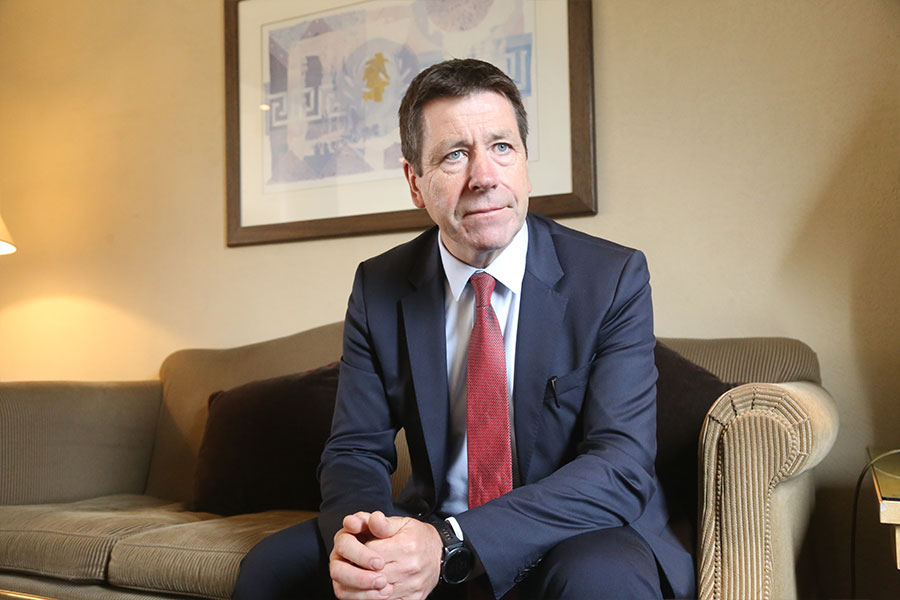
Addis Fortune | Aug 01,2022

Fortune News | Nov 24,2024
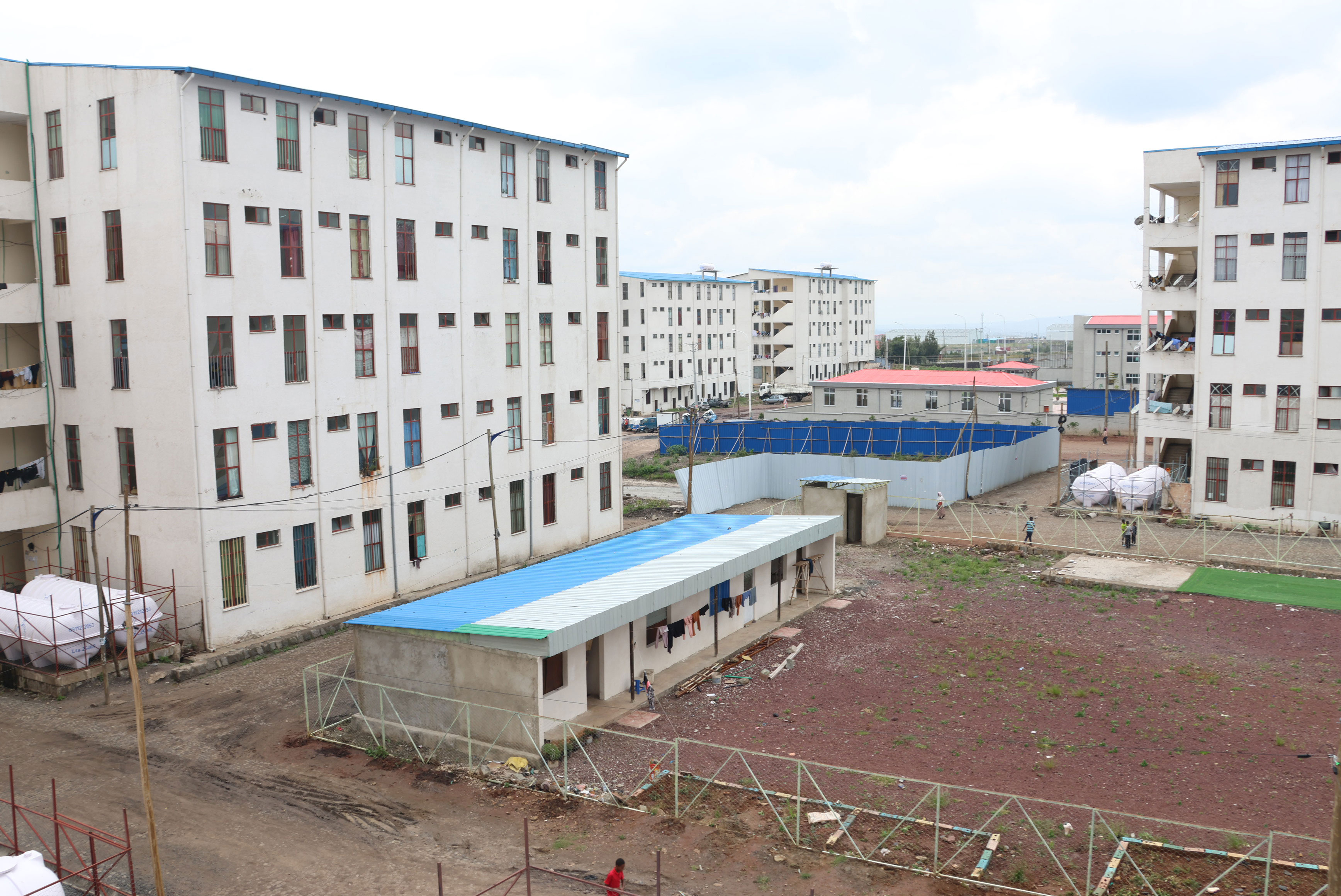
Featured | Jul 27,2025
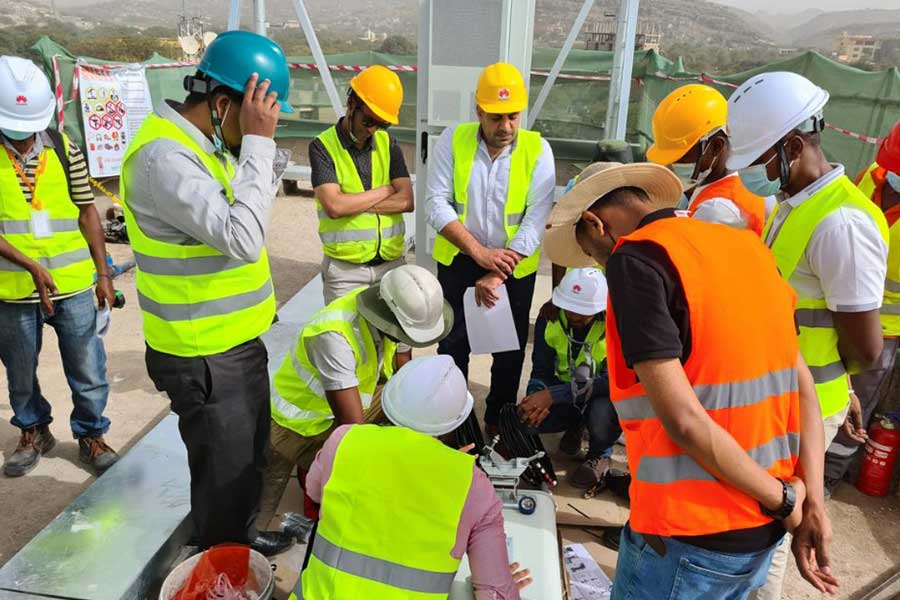
Fortune News | Mar 05,2022
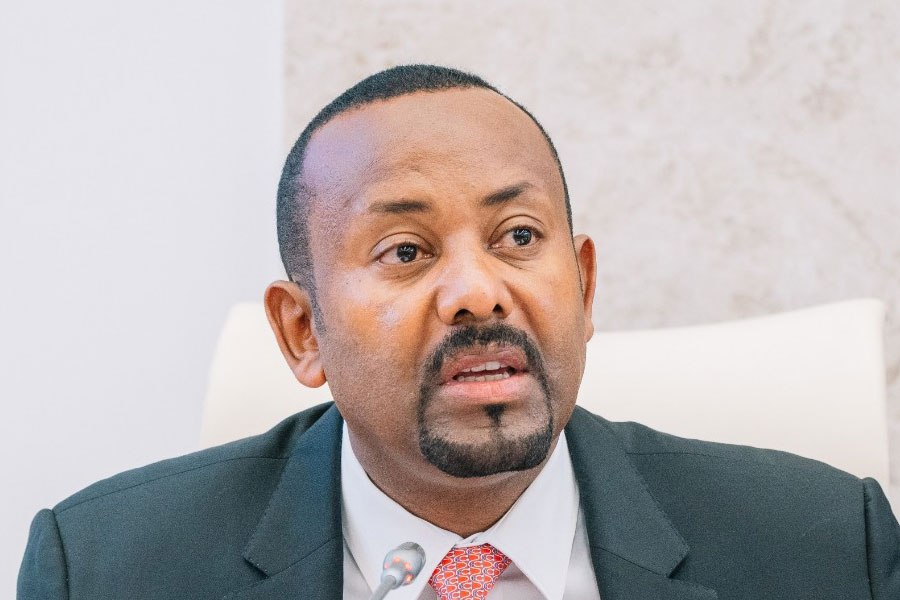
Radar | Feb 17,2024
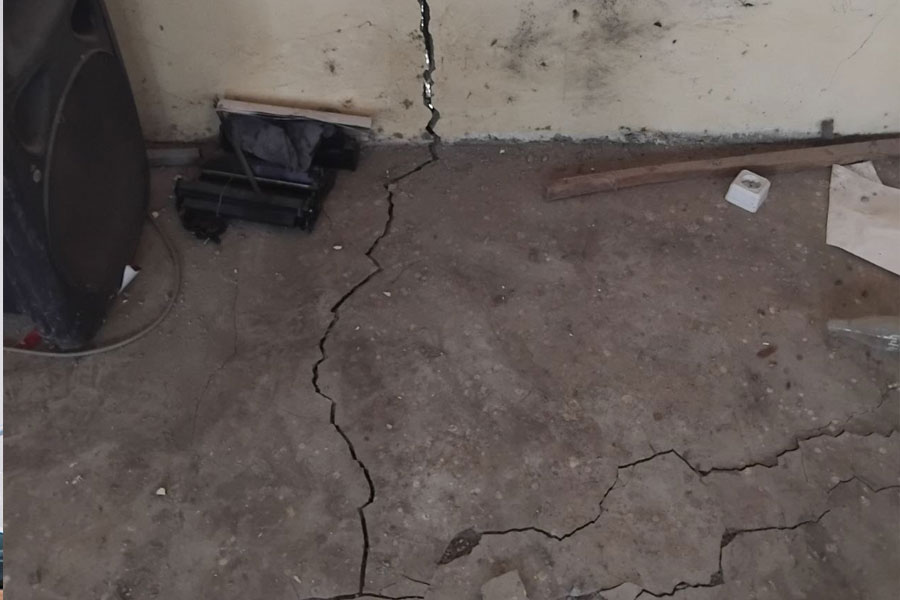
Agenda | Nov 03,2024

Sunday with Eden | Apr 22,2023

Fortune News | Jul 18,2020
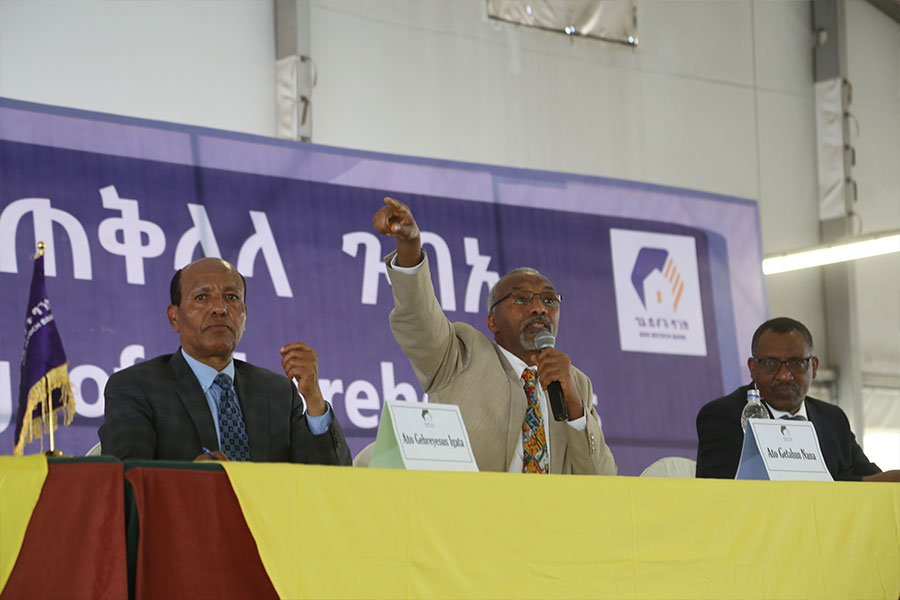
Radar |

Photo Gallery | 180229 Views | May 06,2019

Photo Gallery | 170426 Views | Apr 26,2019

Photo Gallery | 161446 Views | Oct 06,2021

My Opinion | 137261 Views | Aug 14,2021

Nov 1 , 2025
The National Bank of Ethiopia (NBE) issued a statement two weeks ago that appeared to...

Oct 25 , 2025
The regulatory machinery is on overdrive. In only two years, no fewer than 35 new pro...

Oct 18 , 2025
The political establishment, notably the ruling party and its top brass, has become p...

Oct 11 , 2025
Ladislas Farago, a roving Associated Press (AP) correspondent, arrived in Ethiopia in...